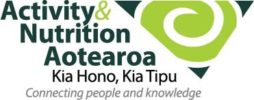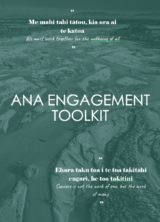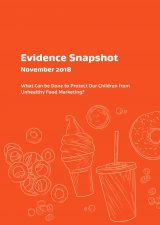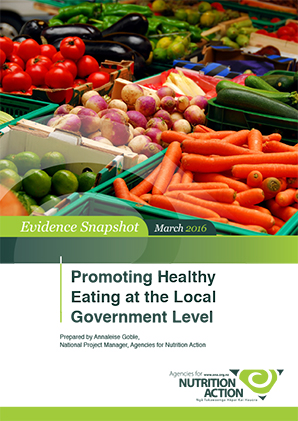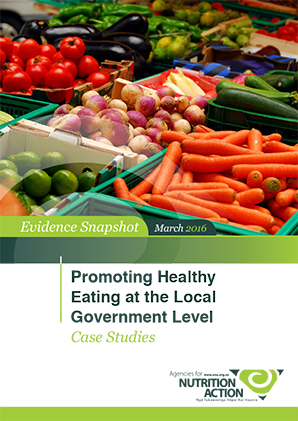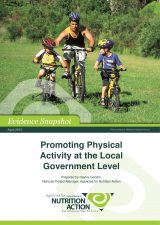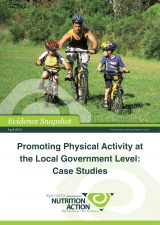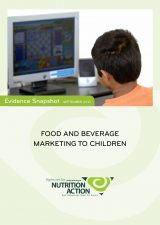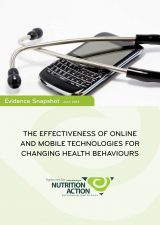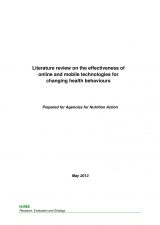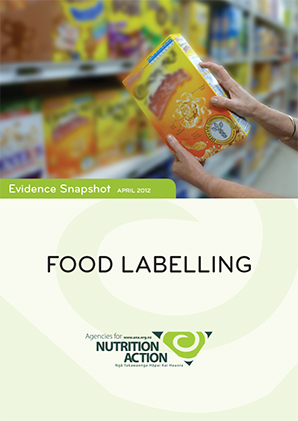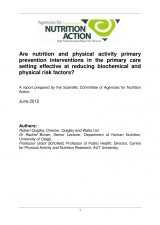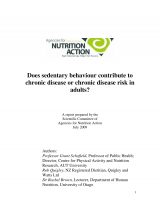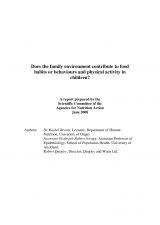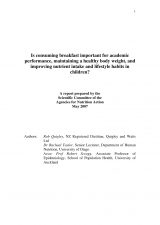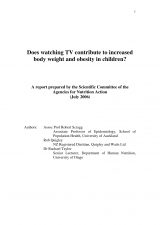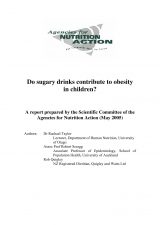ANA knowledge translation projects aim to help translate health promotion evidence into action.
We do this by strengthening the link between researchers and health promoters as well as making research more accessible and user friendly for people working in public health at the grassroots level.
ANA Engagement Toolkit
This toolkit is a collection of practical tools designed as a starting point for those beginning a journey of engagement and collaboration.
What Can be Done to Protect Our Children from Unhealthy Food Marketing
‘Take care of our children. Take care of what they hear, take care of what they see, take care of what they feel. For how the children grow, so will be the shape of Aotearoa.’
Dame Whina Cooper
Active Transport: A reflection for Aotearoa
This document discusses the findings from ANA’s scan of the literature on active transport.
Active transport is one way to increase physical activity.
A key finding is moving 5% of kilometres travelled from vehicles to cycling would have significant health benefits.
Promoting Healthy Eating at the Local Government Level
This evidence snapshot has been designed to equip those wishing to engage with local government including rationale, evidence, and tools for promoting healthy eating. There are also three different case studies of successful engagement with local government to promote healthy eating (2016).
Promoting Physical Activity at the Local Government Level
This evidence snapshot has been designed to equip those wishing to engage with local government including rationale, evidence, and tools for promoting physical activity. There are also three different case studies of successful engagement with local government to improve physical activity outcomes (2015).
Food and Beverage Marketing to Children
This evidence snapshot has been designed to summarise the research and key points from the debate around food and beverage marketing, so that those with an interest in public health may be better informed to participate in future discussion and action (2013).
The Effectiveness of Online and Mobile Technologies for Changing Health Behaviours
This evidence snapshot has been designed to summarise the research on the effectiveness, cost-effectiveness and key success factors of the use of online and mobile technologies for changing health behaviours (2013).
Food Labelling
This evidence snapshot has been designed to summarise the research and key points from the debate around food labelling so that those with an interest in public health nutrition may be better informed to participate in future discussion and action (2012).
Are Lifestyle Interventions in Primary Care Effective at Reducing Health Risk Factors?
This evidence summary explores the directional changes of health endpoints (such as blood pressure, lipids, waist circumference) from lifestyle interventions in primary care settings and what the recommendations are for using lifestyle approaches for primary prevention (2012).
Does Sedentary Behaviour Contribute to Chronic Disease or Chronic Disease Risk?
This evidence summary explores the context for sedentary behaviour in the adult population, the association between sedentary behaviour and chronic disease risk and what interventions/environments are effective in reducing adult sedentary behaviours (2009).
Does the Family Environment Contribute to Food Habits and Physical Activity in Children?
This evidence summary explores the context of the family food and physical activity environment in New Zealand and how the “family food and physical activity environment” is associated with food habits, physical activity and behaviours (2008).
Is Consuming Breakfast Important for Academic Performance, Body Weight and Lifestyle Habits in Children?
This evidence summary explores the association between breakfast consumption, academic performance, body weight, nutrient intake and other lifestyle factors in children (2007).
Does Watching TV Contribute to Increased Body Weight and Obesity in Children?
This evidence summary evaluates whether TV watching (and other screen based activities) are associated with increased weight in children and outlines what mechanisms may explain the relationship (2006).
Do Sugary Drinks Contribute to Obesity in Children?
This evidence summary evaluates the scientific literature on the impact of sugar-containing beverages − including the effects of individual beverage types (such as soft drinks versus fruit juices) on body weight in children (2005).
